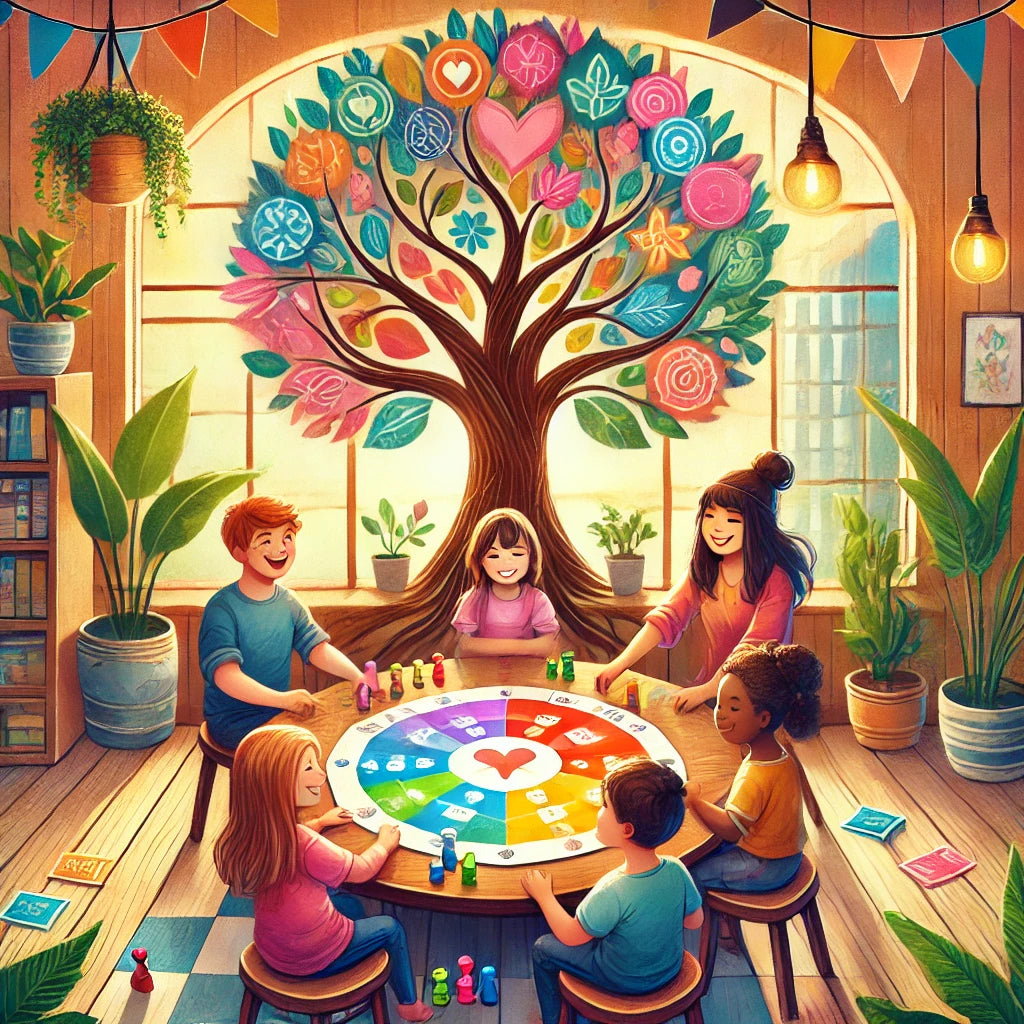Play is more than just fun and games for children; it's a crucial element in their development, fostering essential life skills like kindness and teamwork. Learning these skills early on equips kids with the tools for positive social interactions and future success. This article explores practical ways to use playtime to nurture kindness and teamwork in your children.

The Importance of Kindness and Teamwork
Kindness builds empathy and compassion, creating a more supportive and inclusive environment for everyone. Children who are kind are better equipped to navigate social situations, build strong relationships, and contribute positively to their communities. Teamwork, on the other hand, teaches collaboration, communication, and compromise, skills vital for academic, professional, and personal success. Learning to work towards a common goal with others fosters resilience and problem-solving abilities.

- Role-playing scenarios: Encourage imaginative play where kids act out scenarios that involve acts of kindness, like helping a friend in need or sharing toys. This allows them to explore these behaviors in a safe and engaging environment.
- Cooperative games: Opt for games that require collaboration rather than competition. Examples include building towers together, playing board games that necessitate teamwork, or engaging in puzzles that require collective effort.
- Empathy-building exercises: Read stories or watch videos together that depict characters showing kindness. Discuss the characters' actions and emotions, prompting children to reflect on their own feelings and how they might respond in similar situations.
- Acts of service: Involve children in simple acts of kindness around the house or in the community, such as helping with chores, assisting neighbors, or volunteering at a local charity. These experiences instill a sense of responsibility and compassion.
- Team sports: Participation in team sports teaches children the importance of coordination, communication, and mutual support. It emphasizes the concept that success relies on collective effort rather than individual achievement.
- Creative collaborations: Engage children in collaborative art projects, like building a sandcastle together, creating a mural, or writing and performing a play. This promotes communication and shared decision-making.
- Problem-solving games: Choose games that require teamwork to overcome challenges, such as escape rooms designed for kids or building challenges using blocks or LEGOs. This fosters collaboration and problem-solving skills.
- Group storytelling: Encourage children to create a story together, each contributing a sentence or paragraph. This teaches them to listen to others' ideas and build upon them collaboratively.

- Lead by example: Children learn by observing adults. Demonstrate kindness and teamwork in your daily interactions, both at home and in the community.
- Positive reinforcement: Praise and reward children for demonstrating kindness and teamwork, emphasizing their positive actions and contributions.
- Conflict resolution: Teach children how to resolve conflicts peacefully and fairly. Encourage them to communicate their feelings and find solutions that satisfy everyone involved.
- Patience and understanding: Learning kindness and teamwork is a gradual process. Be patient, supportive, and understanding as children develop these skills.
Integrating kindness and teamwork into playtime is a powerful way to nurture these crucial life skills in children. By choosing the right activities and modeling these behaviors, parents and caregivers can help children develop into compassionate, collaborative, and well-rounded individuals. Remember that consistent effort and a positive environment are key to fostering these values and empowering children to become contributing members of society.

